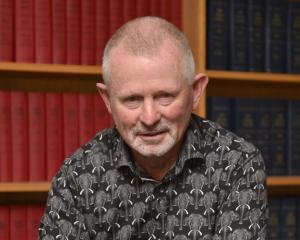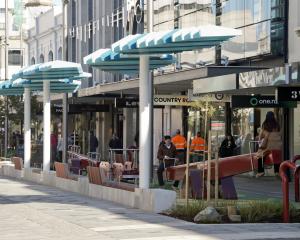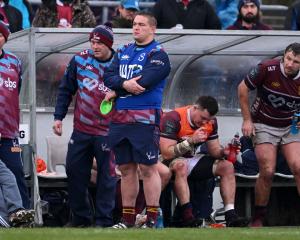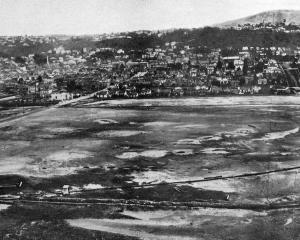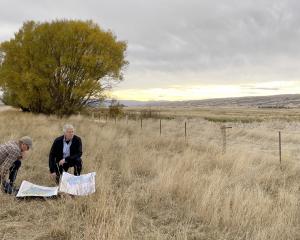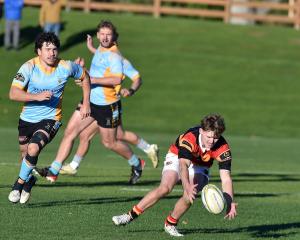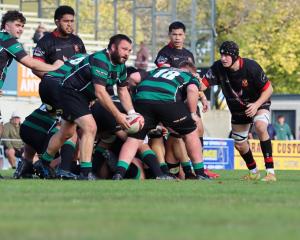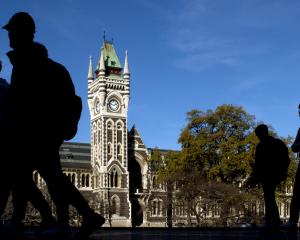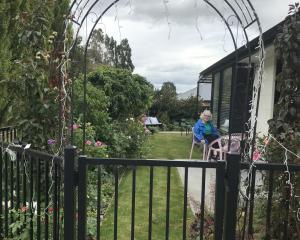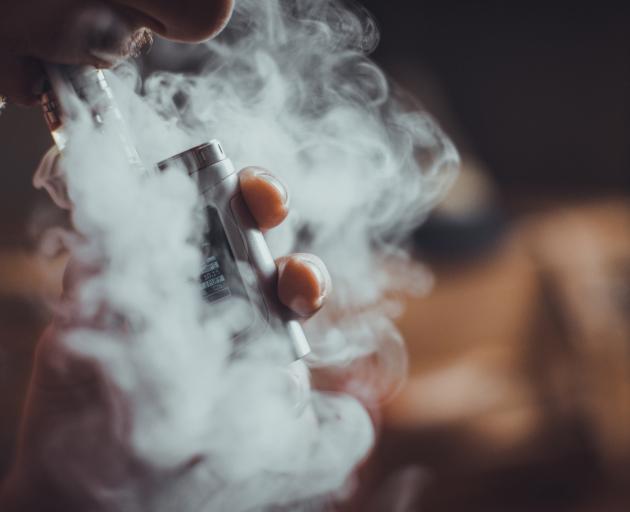
Prime Minister Chris Hipkins said yesterday he had concerns about the proliferation of vaping stores.
He said there were about 1200 specialist vape stores now, and a Labour-led government would reduce that to 600 specialist vape stores that would be licensed.
"I acknowledge that this will be a bit of a blow for some of those businesses, but actually vapes have the potential to do harm," Mr Hipkins said.
"I don’t want young people taking up vaping.
"I don’t want to see vape stores proliferating in the way that they have been, where they’re popping up all over the place, including directly opposite schools and early childhood centres."
Otago Boys’ High School rector Richard Hall said all schools were battling to convince young people "who know that what they are doing [vaping] is harmful to them, from actually doing it".
"The flavours, the disposables and the easy access are all things that run counter to the idea of abstinence," Mr Hall said.
Last week, Otago Boys’ and Taieri College hosted public meetings about vaping.
"This was led by students who are trying to be part of the solution," Mr Hall said.
"The message was pretty clear — we do know the current vape policies/rules are only encouraging a new group of nicotine addicts, and without real action, where we are simply shifting one problem sideways."
In July, The New Zealand Medical Journal revealed there were more than four times the number of specialist vape retailers as there were McDonald’s and KFC outlets.
The Vaping Act came into effect in August 2021, and by March this year, the Vaping Regulatory Authority had approved 1205 applications for specialist vaping stores.
University of Otago public health professor Janet Hoek said the authority’s operations were "opaque".
"We need more information about the controlled purchase operations undertaken, what these find, what breaches are occurring, by which stores, how frequently and what penalties are imposed," Prof Hoek said.
She said the criteria used to assess licences should include a provision to terminate the licence on detection of any breach.
"It’s good to see Labour recognise that existing policies have not done enough to reduce youth vaping," she said.
Prof Hoek would also like to see no general retailers selling vaping products, vapes sold only by a limited number of R18 specialist vape retailers, density and proximity measures, a comprehensive end to sales of disposable vaping products, reduced flavour availability and community consultation required in the licensing process.
"The criteria should also end the ‘store-within-a-store’ strategy used by some dairies to circumvent current policy, enable outlet density reductions and end all vape product sales within 300m (or more) of schools," she said.
Vaping Industry Association of New Zealand chairman Jonathan Devery said reducing the number of vaping outlets to 600 "appears to simply be an arbitrary number" picked because "it’s the same number of outlets government chose to sell cigarettes".
"Disappointingly, rather than take an evidence-based approach, the prime minister has chosen to put the jobs of thousands of Kiwis at risk with an announcement unsupported by evidence and with no surety of a positive outcome," he said.
He said the association expressed concern over the continued lack of enforcement, and wanted tougher penalties for businesses who sold the products to minors.


